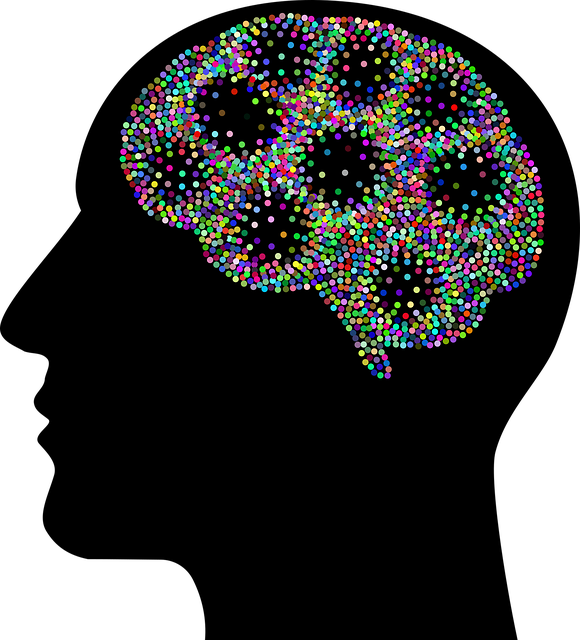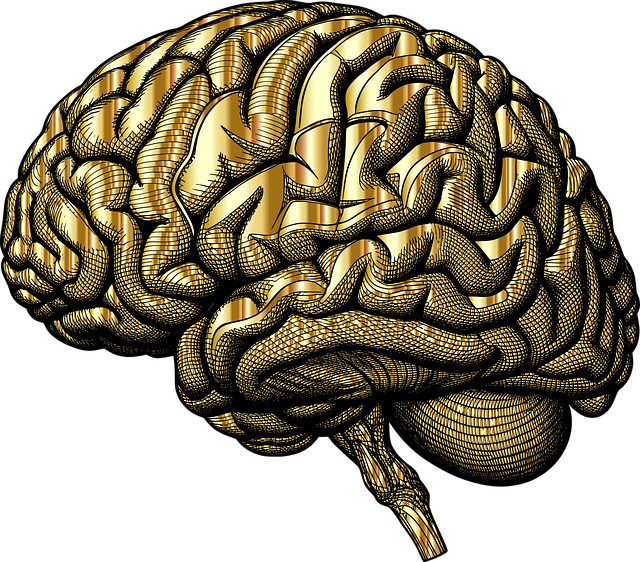Cultural competency training is crucial for healthcare providers treating young adults with eating disorders, especially in diverse communities. This approach ensures culturally sensitive therapy by empowering providers with empathy, stigma reduction skills, and tailored communication techniques, creating safe spaces for patients to share their unique perspectives and experiences. Through interactive workshops, self-esteem building, mindfulness meditation, and public awareness campaigns, this method enhances trust, open dialogue, and improved outcomes, catering to each young adult's specific cultural needs in eating disorder therapy.
Cultural competency training is essential in healthcare, especially for youth with eating disorders. This article delves into three key aspects of enhancing cultural sensitivity among providers. We explore the significance of understanding cultural nuances in treating young patients with eating disorders and analyze the profound impact of culturally sensitive therapy on their outcomes. Furthermore, practical strategies are presented to help healthcare providers effectively deliver cultural competency training. By focusing on these areas, we aim to improve care for young adults facing eating disorders through tailored, respectful therapy.
- Understanding Cultural Competency in Healthcare for Youth with Eating Disorders
- The Impact of Culturally Sensitive Therapy on Young Adult Patients
- Practical Strategies for Providers: Delivering Effective Cultural Competency Training
Understanding Cultural Competency in Healthcare for Youth with Eating Disorders

Cultural competency is an essential aspect of healthcare, especially when treating youth with eating disorders. This involves understanding and respecting diverse cultural beliefs, values, and practices related to mental illness and health. Many young adults with eating disorders come from various ethnic and cultural backgrounds, each bringing unique perspectives on healing and well-being. For instance, some cultures may view eating disorders through a spiritual or religious lens, while others emphasize community support systems in recovery.
Training programs focused on cultural competency aim to equip healthcare providers with empathy-building strategies and stigma reduction efforts. These initiatives are crucial in creating safe spaces for young adults seeking therapy for eating disorders. By incorporating mental illness stigma reduction techniques, providers can foster an environment of trust and understanding, encouraging open communication and improved outcomes. This approach not only benefits the patients but also enhances overall care quality, ensuring that every young adult receives personalized anxiety relief and support tailored to their cultural needs.
The Impact of Culturally Sensitive Therapy on Young Adult Patients

For young adults grappling with eating disorders, culturally sensitive therapy can be transformative. It provides a safe and understanding environment where patients feel validated and empowered to share their experiences. This approach goes beyond traditional treatment methods by recognizing the intricate interplay between cultural identity, mental health, and personal narratives. By incorporating cultural competency into therapy sessions, healthcare providers can help young adults develop essential coping skills and build resilience against societal pressures that may contribute to their disorders.
Culturally sensitive therapy equips patients with crisis intervention guidance tailored to their unique backgrounds. This personalized support helps them navigate challenging situations with enhanced mental health awareness. Moreover, it fosters a deeper connection between the patient and therapist, leading to more effective communication and treatment outcomes. Ultimately, this approach ensures that young adults receive holistic care that respects their cultural nuances and promotes long-term recovery.
Practical Strategies for Providers: Delivering Effective Cultural Competency Training

Cultural competency training for healthcare providers is a powerful tool to ensure quality care for diverse patient populations, including those seeking therapy for young adults with eating disorders. Practical strategies involve incorporating interactive workshops that simulate cross-cultural interactions. These sessions can help professionals develop cultural sensitivity and learn effective communication techniques tailored to different backgrounds and experiences. By fostering an environment where providers can practice active listening, empathy, and cultural humility, such training enhances their ability to connect with patients from various ethnic, racial, and social groups.
Additionally, integrating self-esteem improvement and mindfulness meditation practices into the curriculum benefits both provider and patient. Teaching professionals to cultivate mindfulness supports them in remaining present and attentive during patient encounters, fostering a safe space for open dialogue. Encouraging providers to engage in public awareness campaigns development around mental health issues, particularly eating disorders, can further promote cultural sensitivity. This holistic approach not only enhances the delivery of care but also contributes to broader public awareness efforts.
Cultural competency training is a vital tool in enhancing the quality of care, particularly for young adults with eating disorders. By understanding and addressing cultural nuances, healthcare providers can create a more inclusive and effective therapeutic environment. The strategies outlined in this article provide a practical framework for delivering such training, ensuring that professionals are equipped to offer sensitive and culturally appropriate therapy for this vulnerable population. This approach not only improves patient outcomes but also fosters a more equitable healthcare system tailored to diverse needs.














